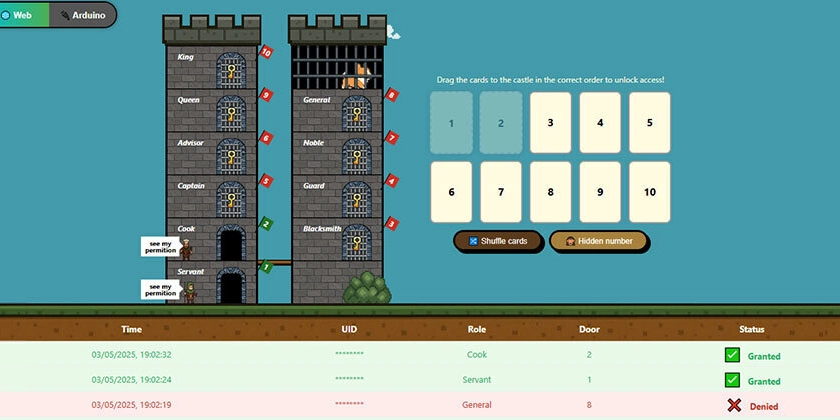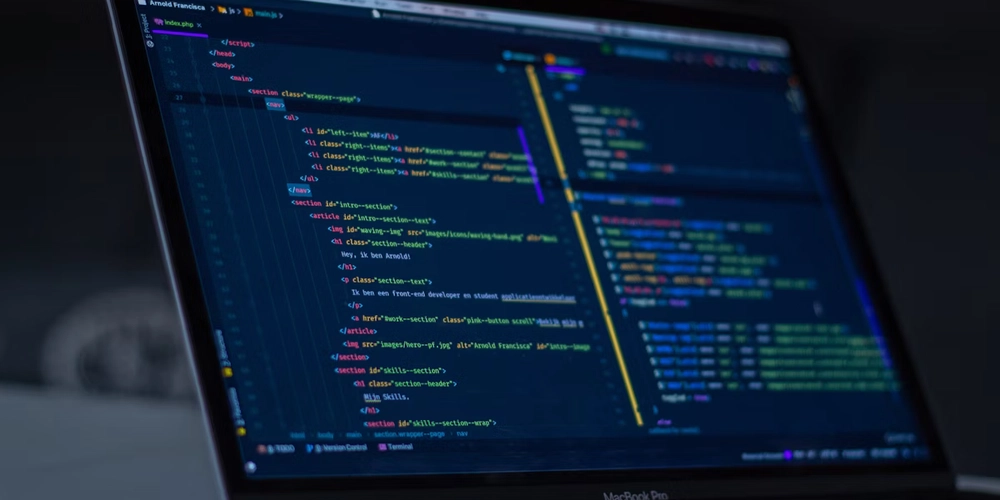AI Unleashed
Not long ago, artificial intelligence remained hidden behind elite institutions and guarded corporate doors—a secretive world inaccessible to most. Today, these once impervious gates swing wide open, propelled by an unstoppable wave: the power of open-source. A movement founded on global collaboration, democratisation of knowledge, and transparent innovation now stands poised to revolutionise our technological future. Yet how exactly did AI escape the confines of exclusive circles, transforming itself into a shared resource sparking worldwide ingenuity? To uncover this transformation, let's journey through the vibrant hubs and dynamic communities redefining what's possible when ideas flow freely, unbound by silos or institutional limitations. A Constellation of Interconnected Innovation In the past, breakthrough advances took years to disseminate, slowly trickling from isolated labs to the wider world. But now, across continents—from Tokyo to Nairobi, Boston to Bangalore—the sparks of innovation ignite almost instantaneously. Platforms like TensorFlow, PyTorch, and Scikit-learn have emerged as luminous beacons, empowering individuals from far corners of the globe to collaborate seamlessly. Innovations occurring in Asia quickly benefit startups in Europe; African students further develop these advances, creating solutions adopted swiftly by Silicon Valley titans. It's more than just accelerated exchange; it's a sea-change in how knowledge moves. Local insights become global breakthroughs overnight. Improvements, once enclosed and proprietary, bloom openly, fertilised by diverse minds from every culture and background. Geographic distance and institutional barriers fade into irrelevance, replaced by a simple truth: in openness resides true power. New Frontiers and Breakthroughs As we arrive in 2025, open-source AI no longer trails the flagship research labs of big corporations—it strides confidently at their side, even surpassing them in certain breakthroughs. Consider, for example, DeepSeek and the unveiling of its R1 model earlier this year. Widely praised for its unprecedented reasoning and mathematical capabilities, DeepSeek R1 illustrates just how quickly open-source models have caught up to—or even outpaced—proprietary competitors. Similarly, Mistral AI, with its robust support for low-resource languages, has become a global leader in democratising access. Meanwhile, Meta's Llama 2 hydrates fields of innovation once thought dry, unlocking agile adaptation to novel tasks through powerful few-shot learning capabilities. Beyond advanced algorithms and powerful models, this surge drives direct impacts in practical realms—medicine, agritech, and essential public infrastructure. Communities without prior access now deploy sophisticated AI solutions, addressing complex challenges with tools previously beyond reach. The result? Innovative and tangible benefits enhancing daily lives far beyond tech hubs. Empowering Communities Through Democratised Access Open source hasn't only democratised technologies—it has democratised skills, eroding the talent barriers that once advantaged traditional tech centres. Programs like AI4ALL now operate on a scale once unimaginable, enabling communities in developing nations to not just master AI but shape it ethically and inclusively. Additionally, bespoke hardware solutions are emerging, aligning with open-source software to deliver effective, affordable infrastructure to organisations of all sizes. This integration of hardware and software promises a genuinely evenly distributed technological revolution, irrespective of location, wealth, or historical access. Consequently, proud new cohorts of AI practitioners emerge from regions previously excluded, contributing fresh perspectives, innovative solutions, and ethical frameworks needed for more inclusive development. Freedom from Vendor Lock-In Historically, organisations navigated an expensive maze of vendor-driven dependencies, with innovation frequently curtailed by proprietary constraints. Upgrades, integrations, even minor customisation required significant resources and budgets—often yielding diminishing returns. Today, open-source models disrupt these legacy chains, granting companies and institutions unprecedented control and freedom. Whether a startup in Nairobi or a sprawling agency in Berlin, organisations now design their tech futures consciously and boldly. AI tools become adaptable companions rather than inflexible burdens, encouraging creative experimentation and strategic risk-taking often critical for meaningful innovation. More profoundly than technical liberations, this freedom reshapes organisational cultures. Now, institutions can channel their real strengths—talent, vision, creativity—into purposeful innovation, unrestricted by externally imposed limitations. Transparency Nurtures Trust Despite widespread AI adoption, persistent concerns

Not long ago, artificial intelligence remained hidden behind elite institutions and guarded corporate doors—a secretive world inaccessible to most. Today, these once impervious gates swing wide open, propelled by an unstoppable wave: the power of open-source. A movement founded on global collaboration, democratisation of knowledge, and transparent innovation now stands poised to revolutionise our technological future.
Yet how exactly did AI escape the confines of exclusive circles, transforming itself into a shared resource sparking worldwide ingenuity?
To uncover this transformation, let's journey through the vibrant hubs and dynamic communities redefining what's possible when ideas flow freely, unbound by silos or institutional limitations.
A Constellation of Interconnected Innovation
In the past, breakthrough advances took years to disseminate, slowly trickling from isolated labs to the wider world. But now, across continents—from Tokyo to Nairobi, Boston to Bangalore—the sparks of innovation ignite almost instantaneously.
Platforms like TensorFlow, PyTorch, and Scikit-learn have emerged as luminous beacons, empowering individuals from far corners of the globe to collaborate seamlessly. Innovations occurring in Asia quickly benefit startups in Europe; African students further develop these advances, creating solutions adopted swiftly by Silicon Valley titans.
It's more than just accelerated exchange; it's a sea-change in how knowledge moves. Local insights become global breakthroughs overnight. Improvements, once enclosed and proprietary, bloom openly, fertilised by diverse minds from every culture and background. Geographic distance and institutional barriers fade into irrelevance, replaced by a simple truth: in openness resides true power.
New Frontiers and Breakthroughs
As we arrive in 2025, open-source AI no longer trails the flagship research labs of big corporations—it strides confidently at their side, even surpassing them in certain breakthroughs.
Consider, for example, DeepSeek and the unveiling of its R1 model earlier this year. Widely praised for its unprecedented reasoning and mathematical capabilities, DeepSeek R1 illustrates just how quickly open-source models have caught up to—or even outpaced—proprietary competitors. Similarly, Mistral AI, with its robust support for low-resource languages, has become a global leader in democratising access. Meanwhile, Meta's Llama 2 hydrates fields of innovation once thought dry, unlocking agile adaptation to novel tasks through powerful few-shot learning capabilities.
Beyond advanced algorithms and powerful models, this surge drives direct impacts in practical realms—medicine, agritech, and essential public infrastructure. Communities without prior access now deploy sophisticated AI solutions, addressing complex challenges with tools previously beyond reach. The result? Innovative and tangible benefits enhancing daily lives far beyond tech hubs.
Empowering Communities Through Democratised Access
Open source hasn't only democratised technologies—it has democratised skills, eroding the talent barriers that once advantaged traditional tech centres. Programs like AI4ALL now operate on a scale once unimaginable, enabling communities in developing nations to not just master AI but shape it ethically and inclusively.
Additionally, bespoke hardware solutions are emerging, aligning with open-source software to deliver effective, affordable infrastructure to organisations of all sizes. This integration of hardware and software promises a genuinely evenly distributed technological revolution, irrespective of location, wealth, or historical access.
Consequently, proud new cohorts of AI practitioners emerge from regions previously excluded, contributing fresh perspectives, innovative solutions, and ethical frameworks needed for more inclusive development.
Freedom from Vendor Lock-In
Historically, organisations navigated an expensive maze of vendor-driven dependencies, with innovation frequently curtailed by proprietary constraints. Upgrades, integrations, even minor customisation required significant resources and budgets—often yielding diminishing returns.
Today, open-source models disrupt these legacy chains, granting companies and institutions unprecedented control and freedom. Whether a startup in Nairobi or a sprawling agency in Berlin, organisations now design their tech futures consciously and boldly. AI tools become adaptable companions rather than inflexible burdens, encouraging creative experimentation and strategic risk-taking often critical for meaningful innovation.
More profoundly than technical liberations, this freedom reshapes organisational cultures. Now, institutions can channel their real strengths—talent, vision, creativity—into purposeful innovation, unrestricted by externally imposed limitations.
Transparency Nurtures Trust
Despite widespread AI adoption, persistent concerns surround its opaque nature. Decisions impacting vital human aspects—medical diagnoses, loan approvals, criminal justice—deserve visible scrutiny rather than obscure algorithms hidden from public view.
In response, global open-source communities have embraced transparency as foundational. Algorithms openly verified, methodologies publicly documented—allowing scrutiny by independent researchers and vigilant regulators alike. This radical openness facilitates rapid identification and rectification of biases or mistakes, creating robust accountability mechanisms unseen in proprietary systems.
More importantly, transparency extends beyond accountability, fostering active participation in defining AI ethics. Previously silenced voices gain prominence, joining global conversations that shape morally aware systems. Trust grows organically from genuinely collaborative relationships rather than imposed assurances, particularly in sensitive areas like health and justice—where visibility translates unsurprisingly into credibility and confidence.
Contemporary Challenges and Ongoing Debates
Yet the evolving open-source AI movement is not without controversy or complication. Recent regulatory shifts, like the EU AI Act and intensifying global export controls, present thorny balancing acts between innovation and oversight. Leading open-source players such as DeepSeek and Mistral AI face complex dilemmas about international collaboration, access, and distribution.
Some voices caution against unbridled openness, arguing certain applications demand stricter control and proprietary governance to manage risks adequately. Conversely, curtailing open access could restrict collaborative innovation necessary for broader empowerment.
These intense debates have catalysed greater maturity within open-source ecosystems. Initiatives like the AI Vulnerability Database strive proactively towards greater AI safety, security, and accountability—ensuring sustainable progress and addressing legitimate concerns through collective vigilance.
Where Openness Guides the Future of AI
Looking forward, one senses transformative potential in every direction. Reasoning ability, multi-tasking AI workflows, and enterprise-ready solutions—each facet supported through vibrant ecosystems, open platforms, and interconnected innovation.
The burgeoning growth of open-source AI agent ecosystems, like LangChain, empowers developers to bring sophisticated autonomous workflows to life. Infrastructure advancements—from Kubernetes-optimised deployments to cloud migration—enable ease of scale even for resource-constrained innovators, levelling the playing field.
Ethical frameworks, too, now form integral pillars within AI tools. Projects such as Fairlearn and AI Fairness 360 embed responsible principles directly into workflows, shifting developer focus towards conscious innovation and comprehensive oversight.
In vision and trajectory, open-source AI evolves beyond mere technology, pointing towards genuinely societal transformation. It heralds an inclusive paradigm where diverse talents and global insights collectively forge solutions serving the common good.
An Invitation Towards Collective Empowerment
Ultimately, the story of AI has transformed profoundly—it has moved from opaque exclusivity toward vibrant communal openness. AI is no longer confined secretly in boardrooms and ivory towers. Instead, it plays out transparently in communities, discussion forums, shared codebases—inviting us all to participate directly.
Technological breakthroughs may be impressive, but the profound lasting impact emerges most vividly from the inclusive spirit enabling universal participation—a true democratisation deeply rooted in openness, solidarity, and trust.
We stand together at the edge of boundless possibilities, guided by shared visions and collective determination. Because the future—AI-powered and community-driven, ethically grounded, openly accessible—is now everyone’s story.
Publishing History
- URL: https://rawveg.substack.com/p/ai-unleashed
- Date: 15th April 2025




















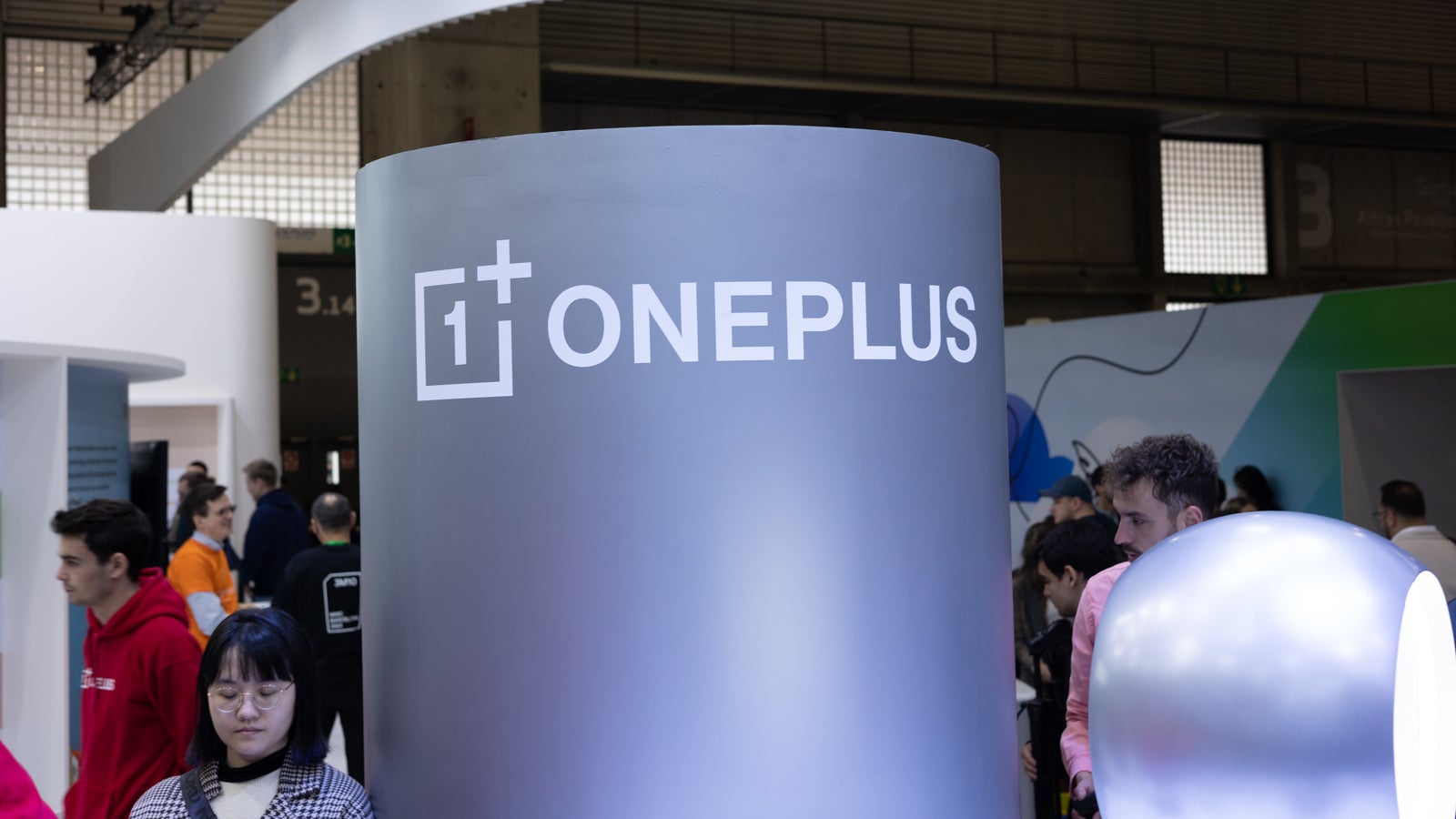
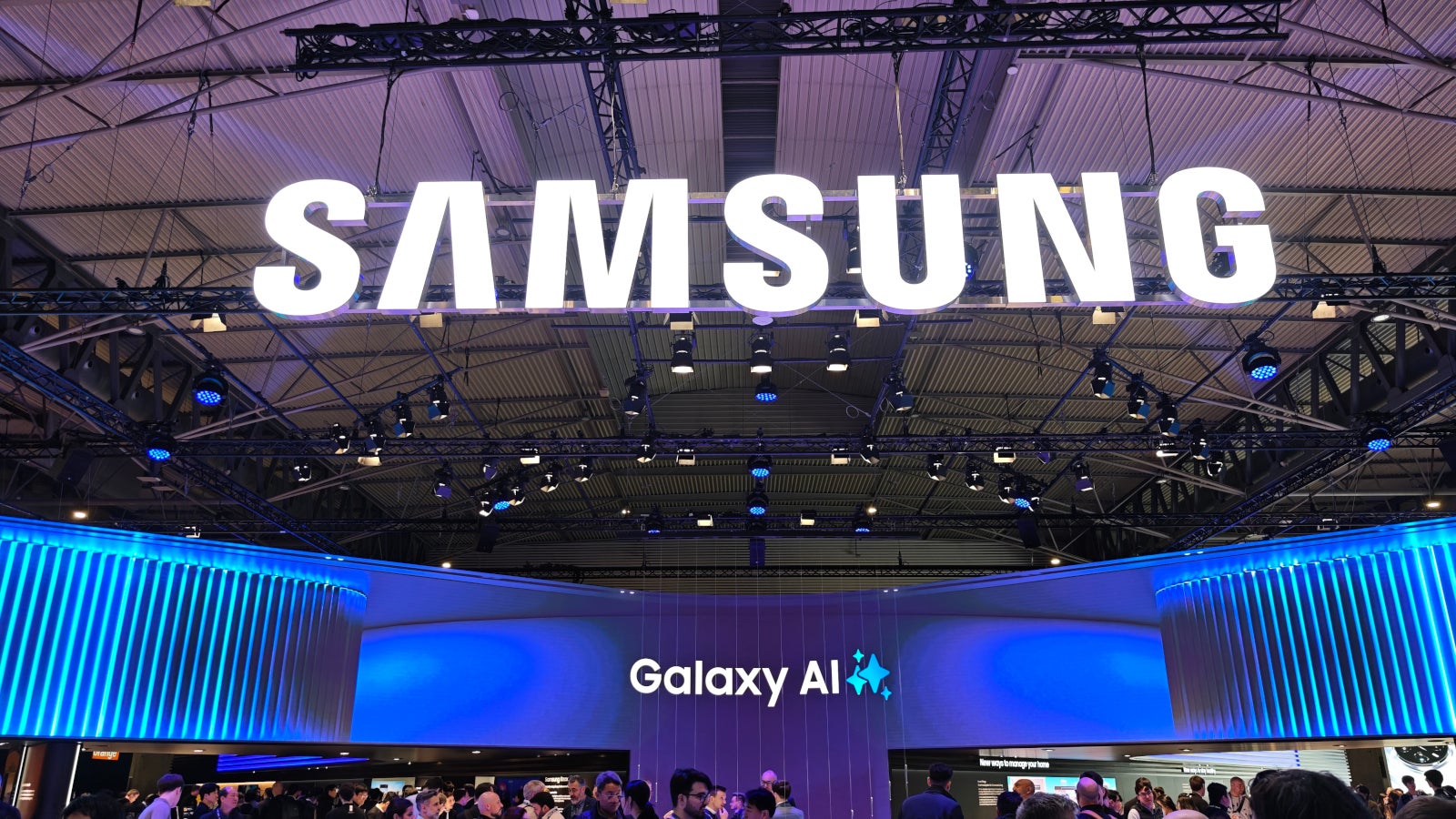
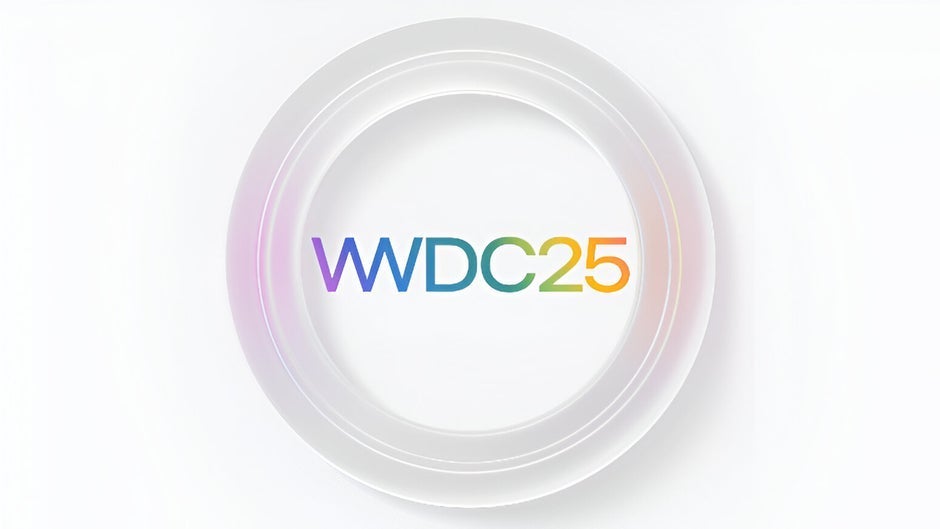
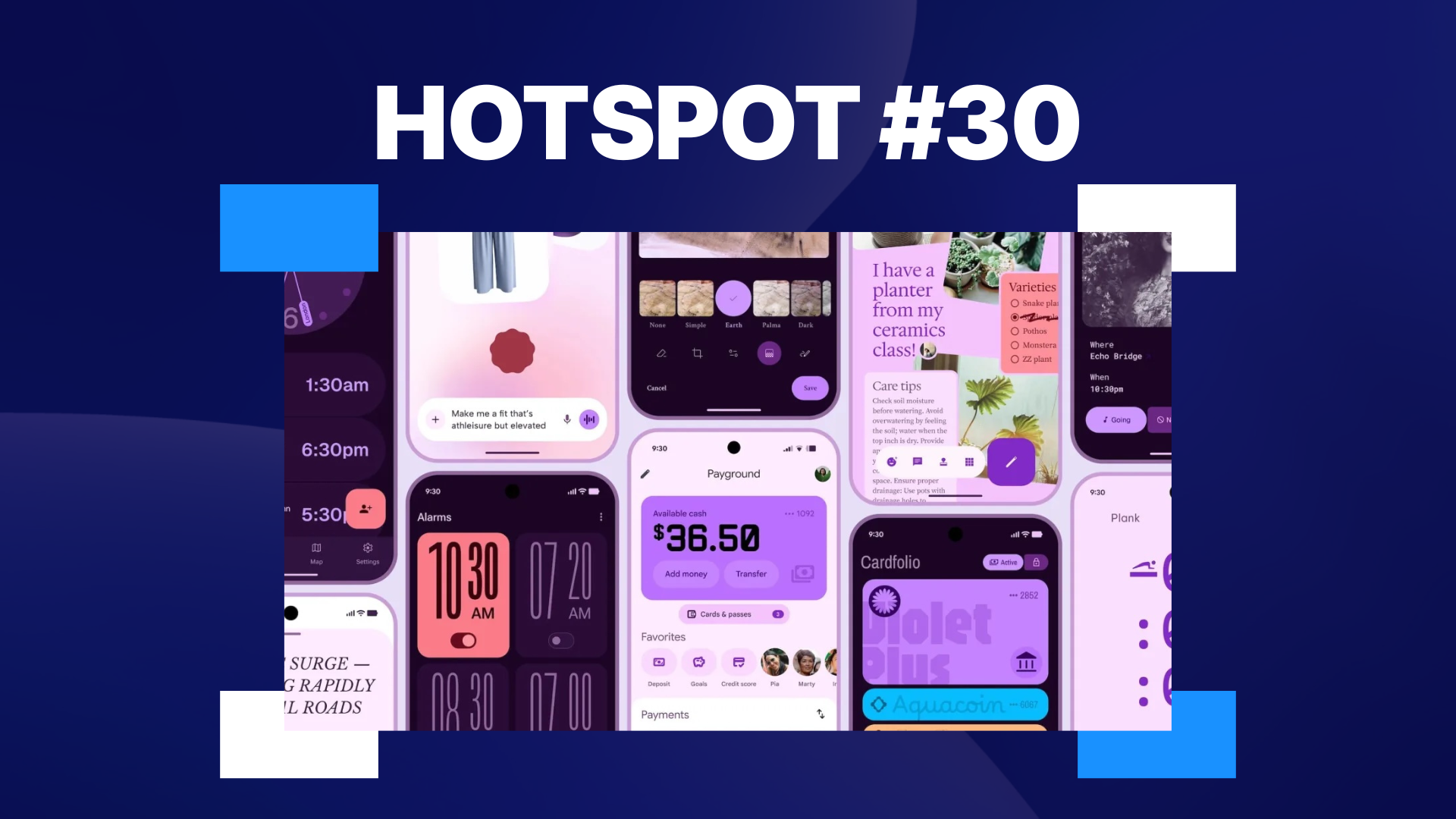





























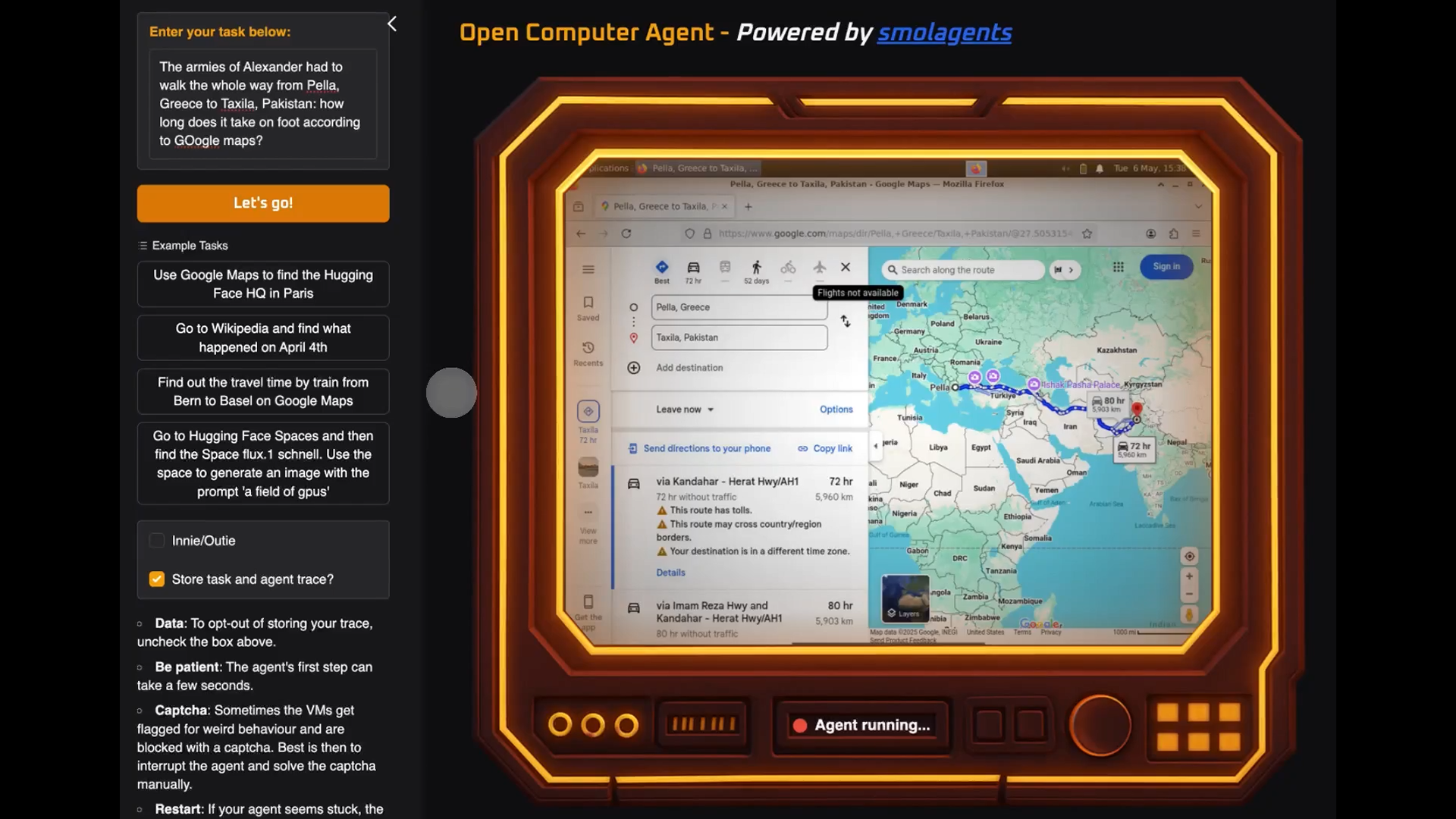
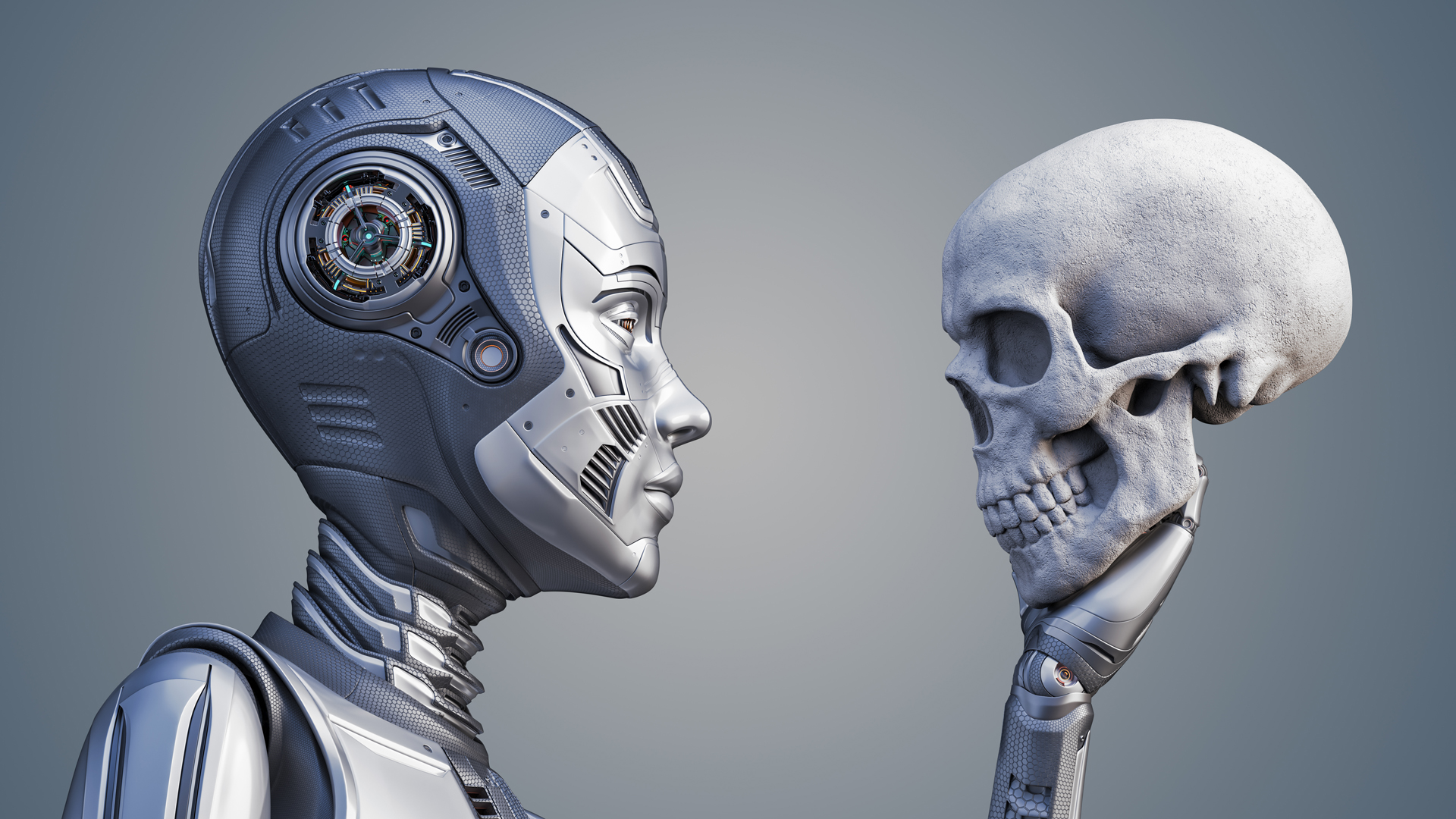
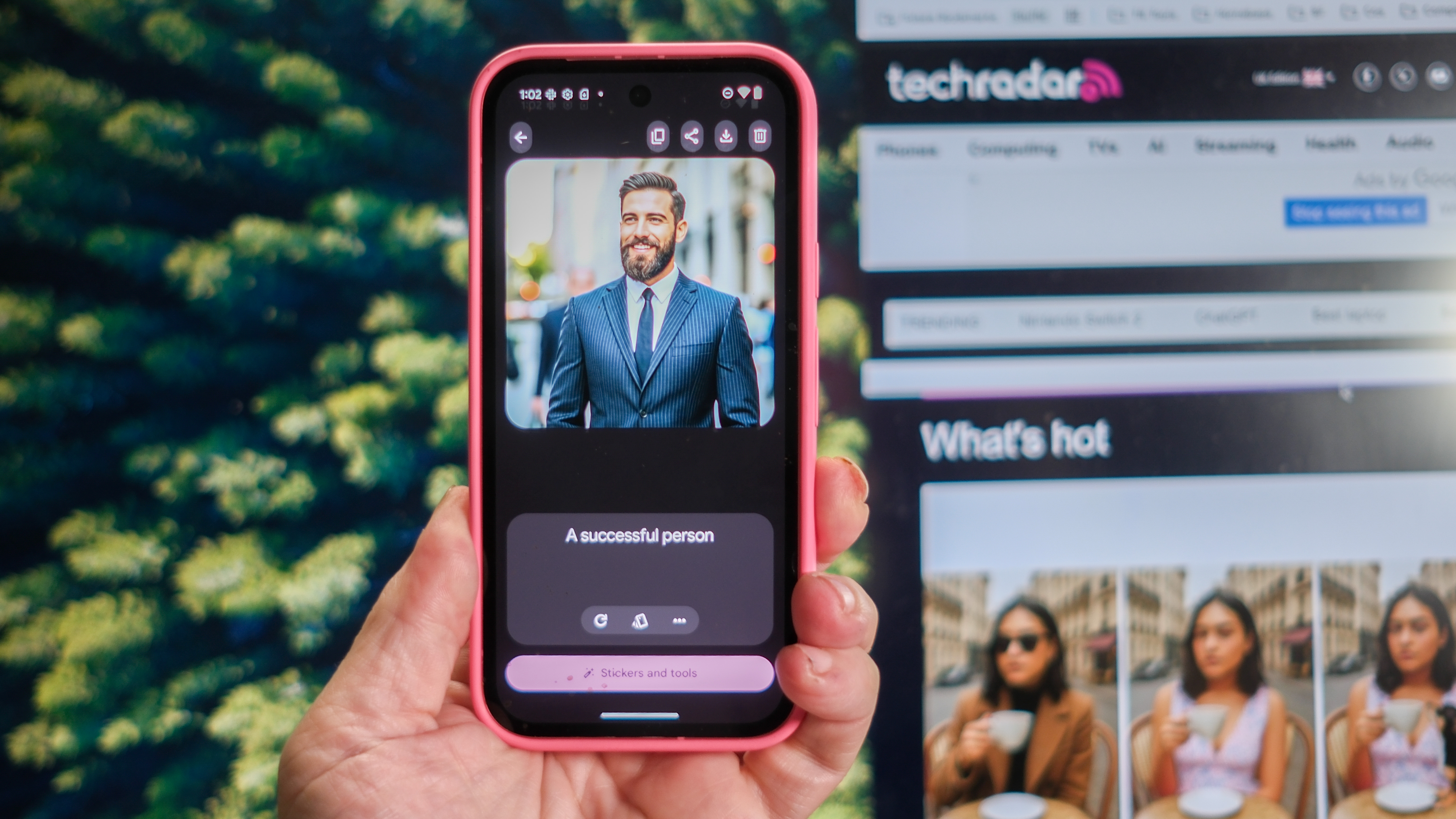

















![New iPad 11 (A16) On Sale for Just $277.78! [Lowest Price Ever]](https://www.iclarified.com/images/news/97273/97273/97273-640.jpg)

![Apple Foldable iPhone to Feature New Display Tech, 19% Thinner Panel [Rumor]](https://www.iclarified.com/images/news/97271/97271/97271-640.jpg)

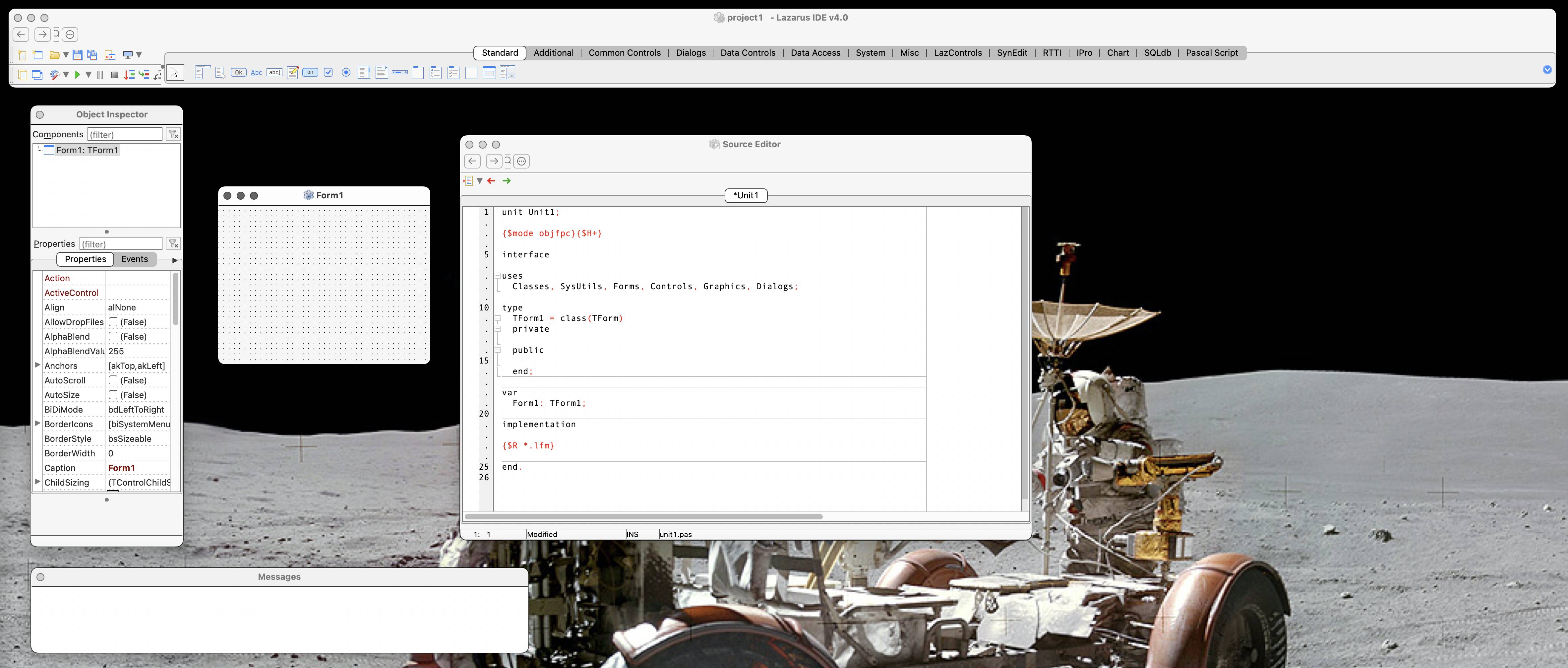
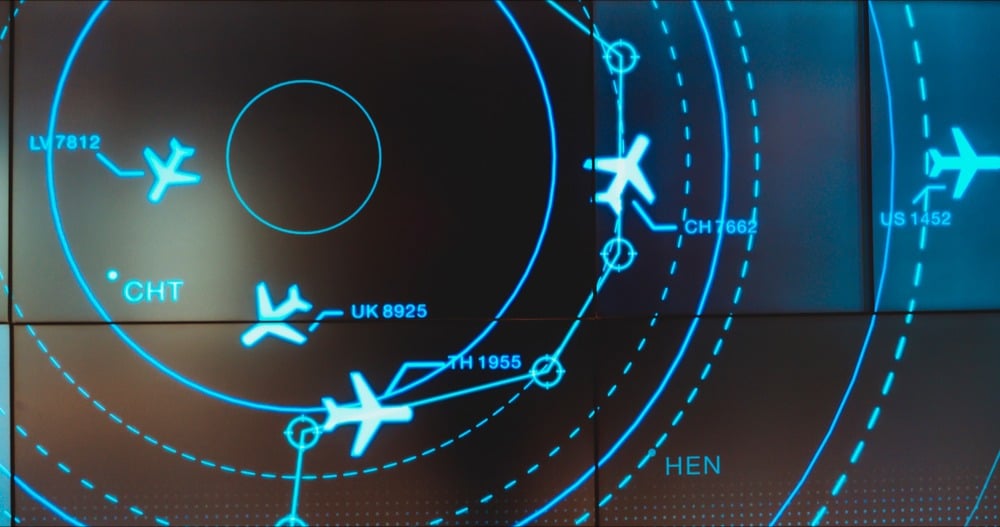















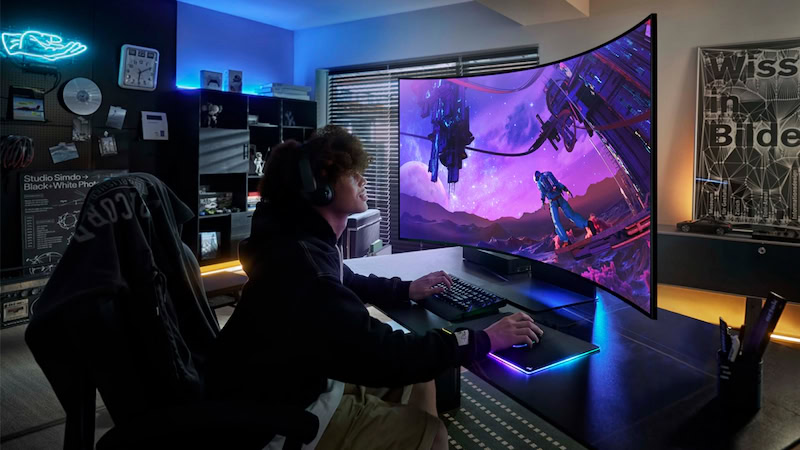




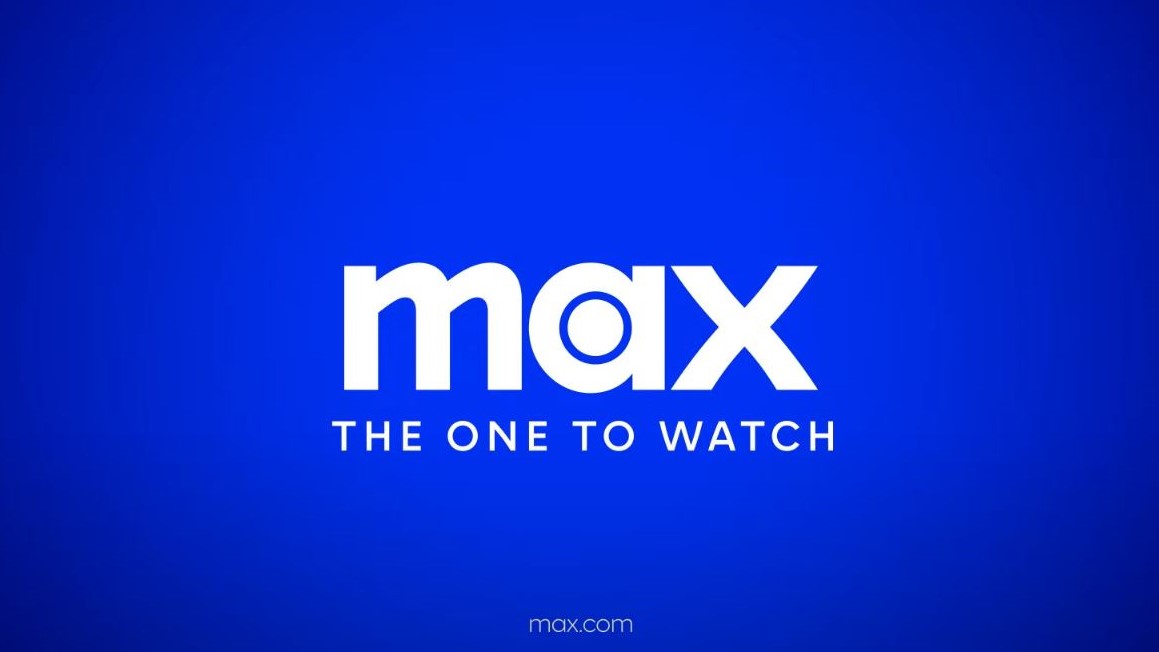



-xl.jpg)





























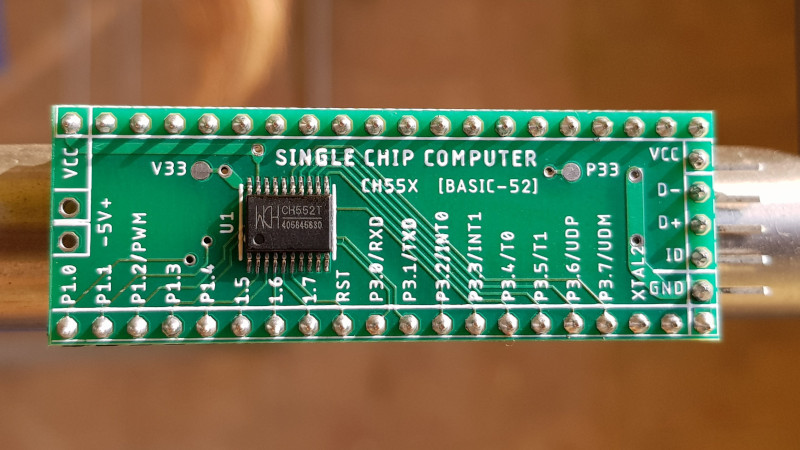













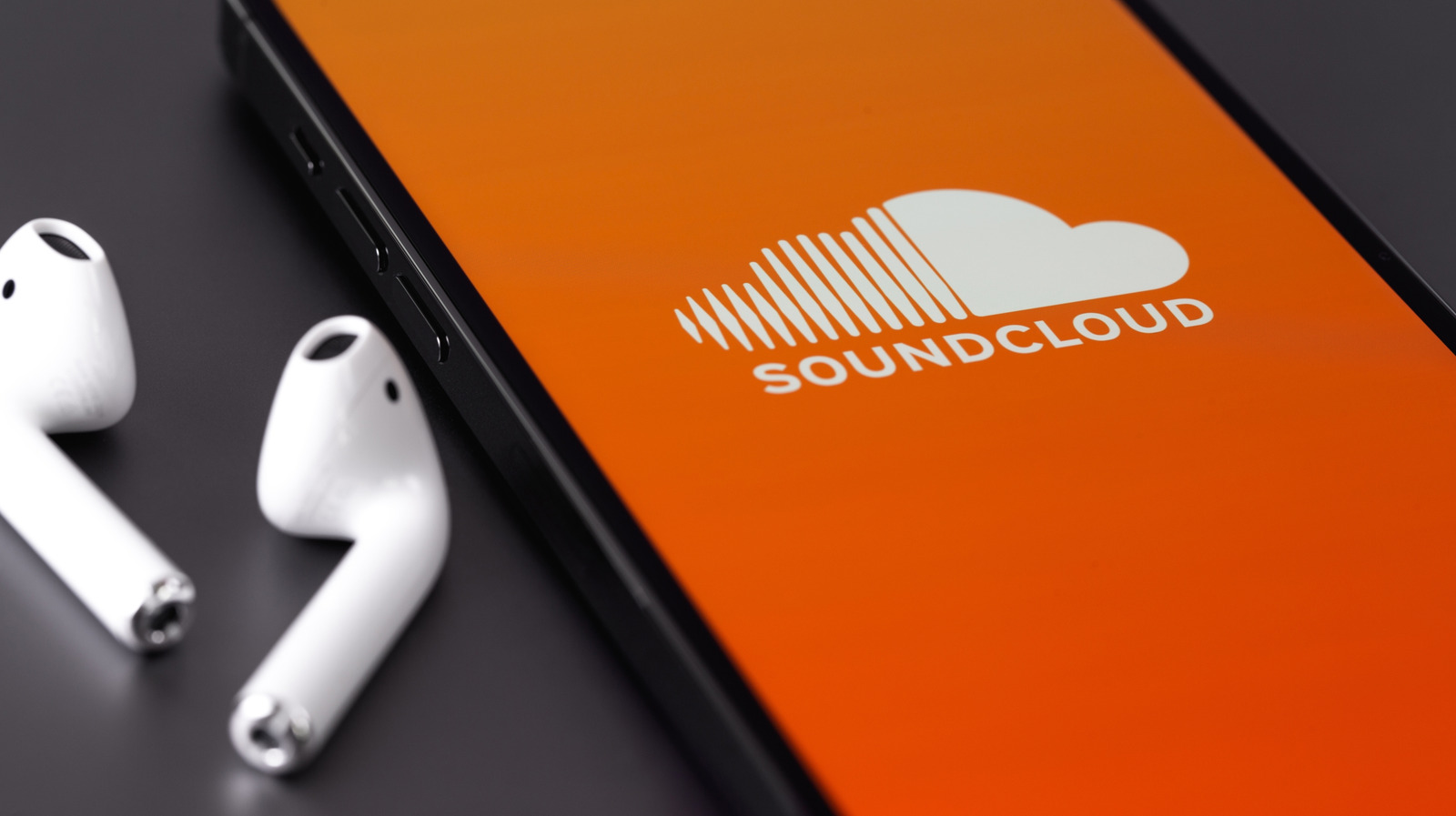







































































































































































![[The AI Show Episode 146]: Rise of “AI-First” Companies, AI Job Disruption, GPT-4o Update Gets Rolled Back, How Big Consulting Firms Use AI, and Meta AI App](https://www.marketingaiinstitute.com/hubfs/ep%20146%20cover.png)

















































































































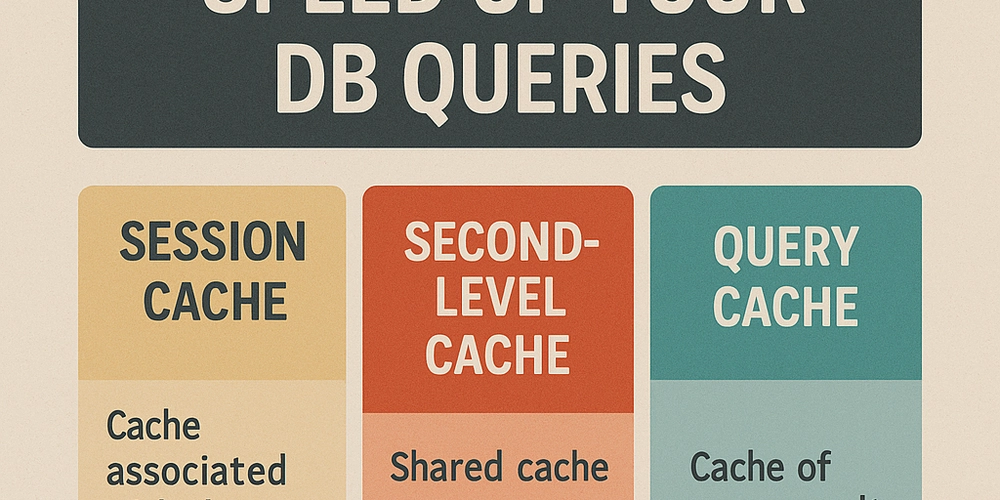
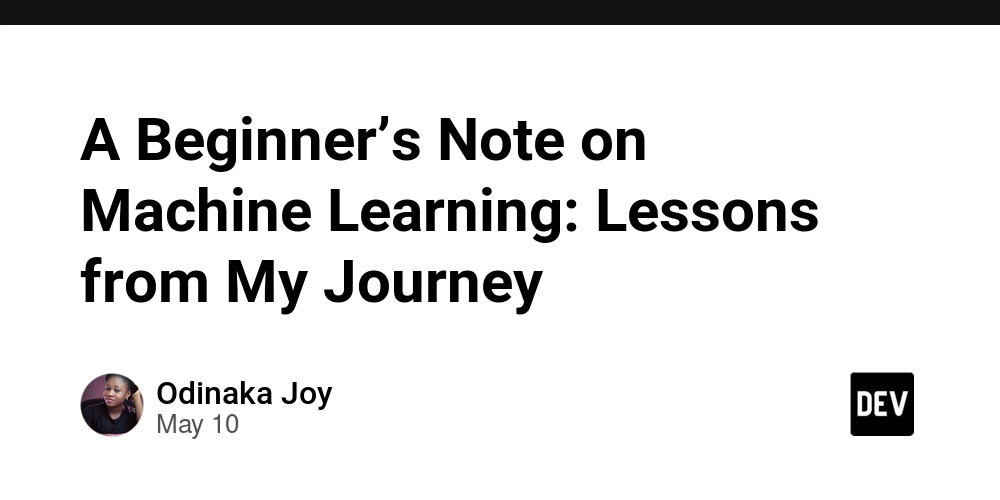













































![Ditching a Microsoft Job to Enter Startup Hell with Lonewolf Engineer Sam Crombie [Podcast #171]](https://cdn.hashnode.com/res/hashnode/image/upload/v1746753508177/0cd57f66-fdb0-4972-b285-1443a7db39fc.png?#)






























-Nintendo-Switch-2-Hands-On-Preview-Mario-Kart-World-Impressions-&-More!-00-10-30.png?width=1920&height=1920&fit=bounds&quality=70&format=jpg&auto=webp#)



















































.jpg?width=1920&height=1920&fit=bounds&quality=70&format=jpg&auto=webp#)












